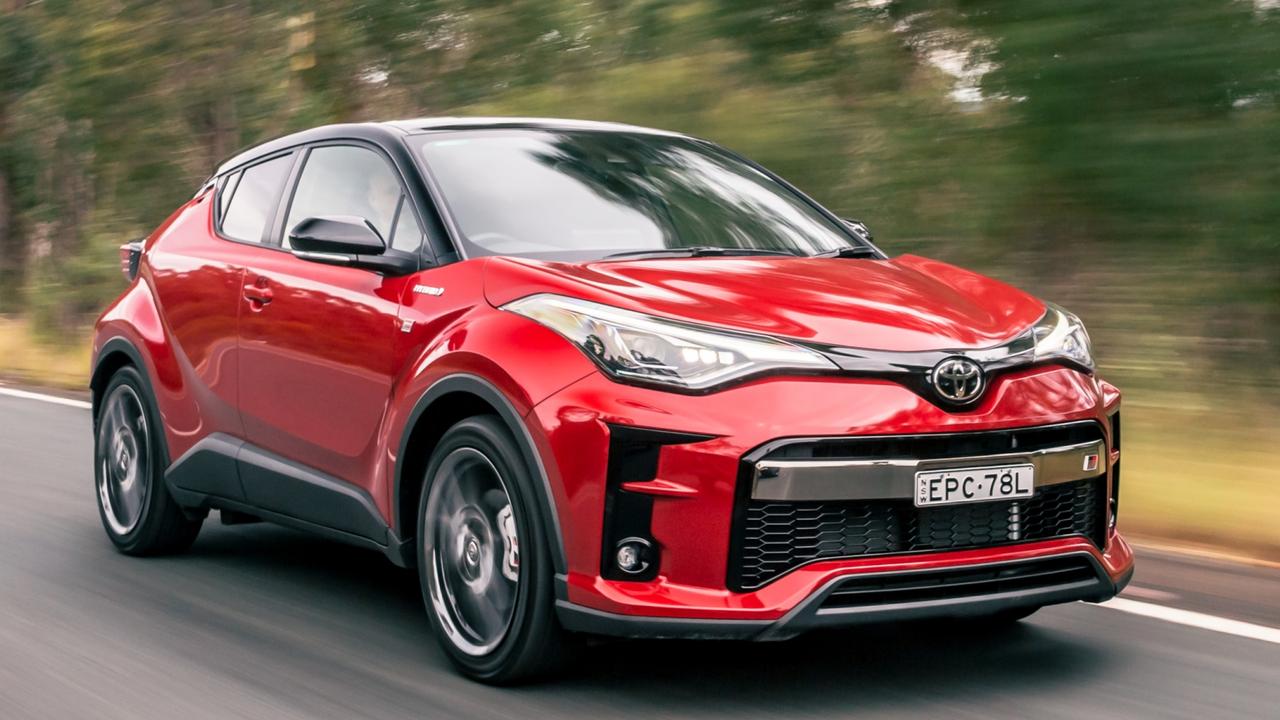Art Bounty
Discover the vibrant world of art and creativity.
When Gas Meets Gadgetry: The Rise of Hybrid Cars
Discover how hybrid cars blend gas efficiency with cutting-edge technology, transforming the future of driving! Click to explore the revolution!
How Hybrid Cars Work: The Technology Behind the Trend
Hybrid cars are at the forefront of the automotive industry's transition towards sustainable transportation. At the heart of a hybrid vehicle's functionality is its innovative powertrain, which typically combines an internal combustion engine (ICE) with one or more electric motors. This dual system allows for greater fuel efficiency and reduced emissions. When the car is moving at low speeds or when starting from a stop, the electric motor takes the lead, drawing power from a rechargeable battery pack. As speed increases, the ICE can engage to provide additional power, optimizing performance while saving fuel. This seamless interaction between the two power sources is managed by sophisticated electronic control systems that monitor the vehicle's performance in real-time.
The technology behind hybrids also includes regenerative braking, which captures energy usually lost during braking and converts it back into electrical energy. This process recharges the battery and enhances efficiency by reducing the need for external charging. Hybrid cars come in different configurations, such as full-hybrids, mild-hybrids, and plug-in hybrids, each offering varying levels of reliance on electric power. As a result, drivers can experience significant savings at the pump while contributing to a greener environment. With advancements in battery technology and increasing awareness of environmental issues, hybrid vehicles are not just a trend but a vital step towards a more sustainable future.

The Environmental Impact of Hybrid Cars: Are They Really Greener?
The debate surrounding the environmental impact of hybrid cars is complex and multifaceted. While these vehicles are marketed as an eco-friendly alternative, the reality is that their environmental benefits are dependent on various factors such as battery production, electricity sources, and driving habits. For instance, hybrid cars generally produce lower emissions than conventional gasoline-powered vehicles during operation; however, the manufacturing process of their batteries can result in significant ecological damage. This includes resource extraction, which can lead to habitat destruction and increased carbon footprints. In assessing whether hybrid cars are genuinely greener, it’s crucial to consider the entire lifecycle of the vehicle, from production to disposal.
Furthermore, many consumers may overlook the fact that the environmental impact of hybrid cars varies by region. The source of electricity used to charge hybrids heavily influences their overall emissions. In areas where renewable energy sources like wind or solar power dominate, hybrids can be considerably more sustainable. Conversely, in regions reliant on fossil fuels for electricity generation, the advantages of hybrid vehicles diminish. Additionally, drivers who frequently utilize their hybrid's electric mode will experience greater environmental benefits than those who primarily rely on gasoline. Therefore, while hybrid cars do present a more environmentally friendly option, assessing their true impact requires a close examination of local energy practices and personal usage patterns.
Are Hybrid Cars the Future of Transportation? Exploring the Pros and Cons
As the world faces increasing concerns over climate change and air pollution, hybrid cars are gaining popularity as a sustainable alternative to traditional vehicles. These cars combine an internal combustion engine with an electric motor, which can lead to improved fuel efficiency and reduced greenhouse gas emissions. The advantages of hybrid cars are numerous: they often offer better gas mileage, tax incentives, and lower running costs. Furthermore, as technology evolves, the performance of hybrid vehicles continues to improve, making them more appealing to consumers looking for a balance between efficiency and power.
However, it's essential to consider the cons of hybrid cars as well. The initial purchase price can be higher than that of conventional vehicles, potentially deterring buyers. Additionally, while hybrid technology has advanced, the availability of charging infrastructure can still be a concern, particularly in more rural areas. Moreover, concerns about battery life and disposal persist, as the environmental impact of manufacturing and disposing of batteries remains a debated issue. Ultimately, while hybrid cars may represent a vital step towards a greener future, consumers must weigh both the pros and the cons before making a decision.